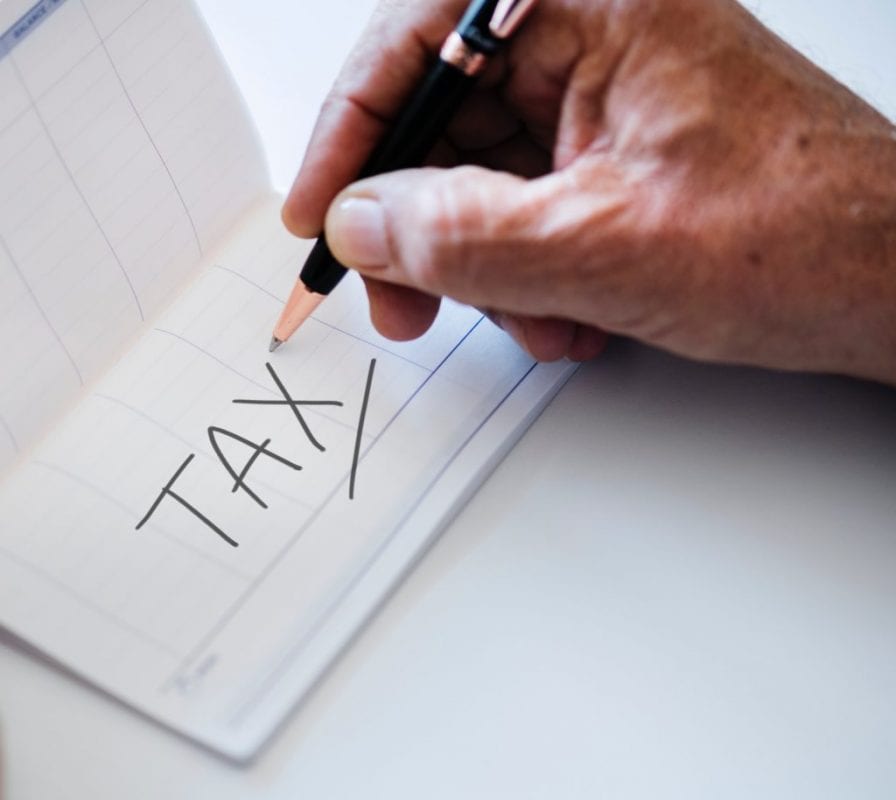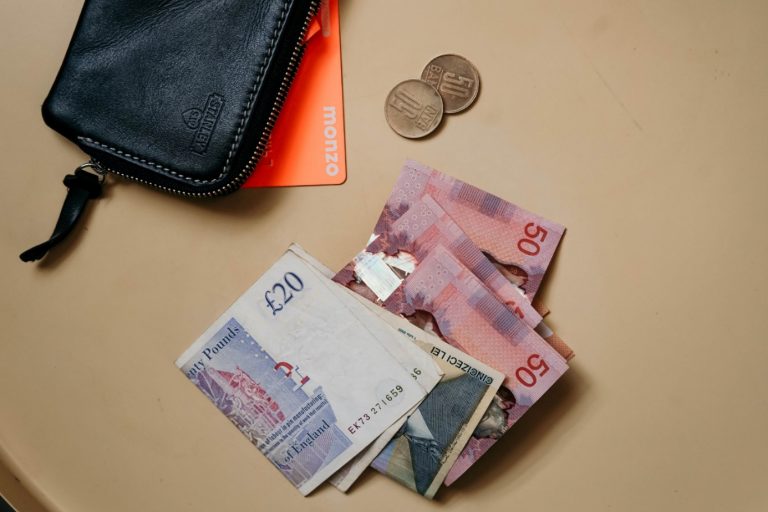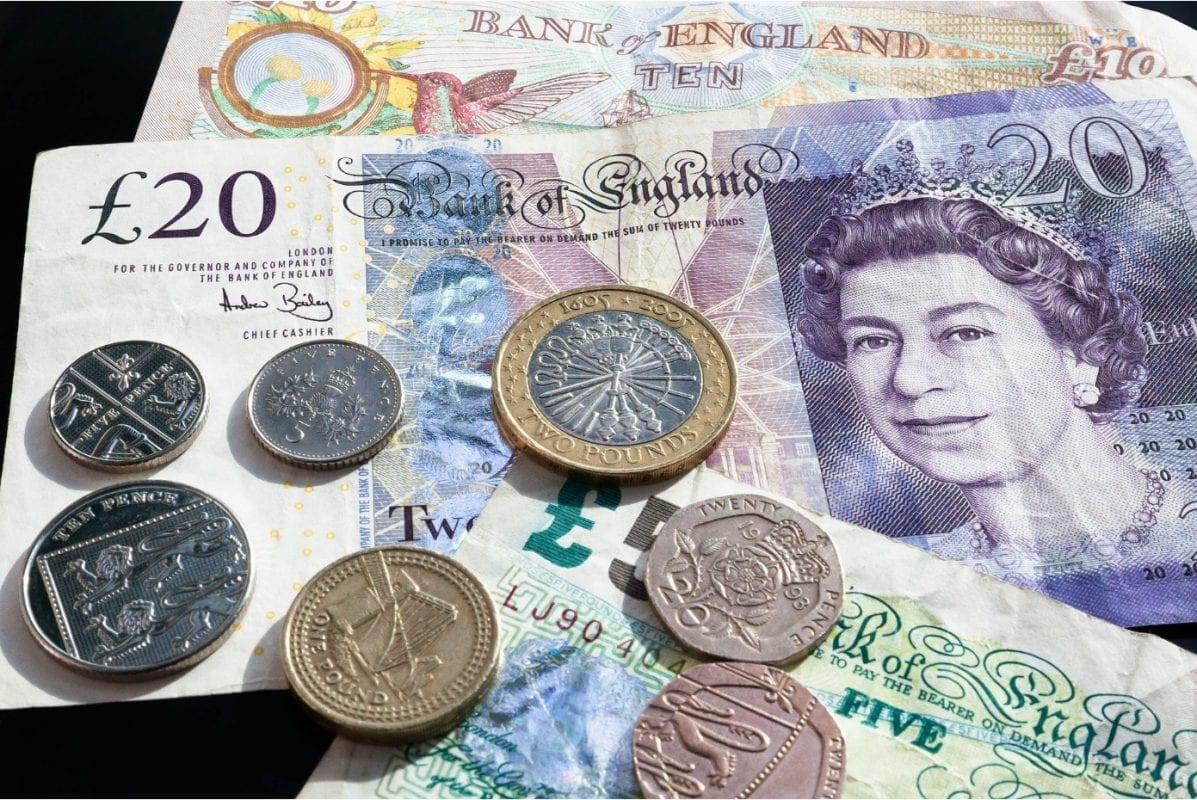What Are Self Assessment Tax Returns?
For employees, their income is already worked out by Pay As Your Earn (PAYE) where income tax and national insurance contributions are deducted automatically from wages, pensions and savings. A Self Assessment Tax Return is another way for HMRC to work out how much taxpayers owe should they need to declare any other income, including from their own business, or to claim a tax refund.
If you are self-employed you will need to maintain your own business records including details like payments on account each year. This involves paying six months worth of tax in advance on the 31st of January and 31st of July each year. Then there are expenses to consider claiming on your tax return. Use our tax refund calculator to work out if you could be due a tax refund.
Your Self Assessment Tax Return can be done online or on paper and Taxback can help you complete it.
FILE A TAX RETURN




